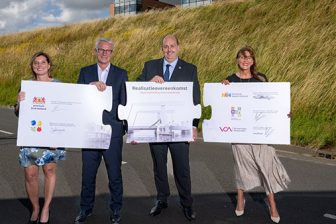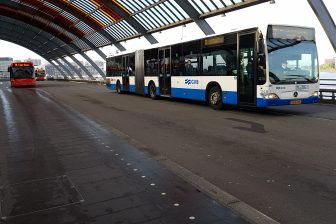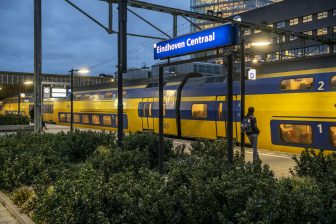Agreement on Euro-Controle Route
Tiefensee: Administrative arrangement on HGV, bus and coach checks in Europe
EU Transport Council in Brussels
Berlin, Germany – In the future, there will be even closer coordination between EU countries when deciding how to check heavy goods vehicles, buses and coaches on their roads.
Following an invitation by the EU Council President – the Federal Minister of Transport, Building and Urban Affairs, Wolfgang Tiefensee, – ministers from twelve Member States 2007-03-22 signed an administrative arrangement on Euro-Contrôle-Route (ECR). With Romania and Bulgaria signing the agreement, the number of states participating in ECR has grown.
"ECR will progress European integration even further. National borders are no longer of much significance to road haulage in the Single European Market. And so it is only logical that checks should be coordinated across these borders", said the Council President at the signing of the arrangement in Brussels 2007-03-22.
The objective of Euro-Contrôle-Route is for national enforcement agencies to develop a joint standard of training and organize exchange programmes for their staff. In addition, it standardizes inspection procedures and carries out joint checks.
The national agencies that participate in ECR check, for instance, whether HGV loads are properly secured and whether drivers have complied with mandatory rest periods, and also carry out bus and coach checks.
Euro-Contrôle-Route was launched back in 1999 by France, Belgium, Luxembourg and the Netherlands. Germany, the United Kingdom, Spain, Poland, Ireland and Austria joined later. 2007-03-22 Romania and Bulgaria also signed the arrangement, taking the number of ECR members to twelve.
Mr Tiefensee also encouraged the other EU countries to join ECR: "I invite everyone to participate in this meaningful cooperation".
Lithuania, Switzerland, Hungary, the Czech Republic, Slovenia and Malta have already expressed their interest.




